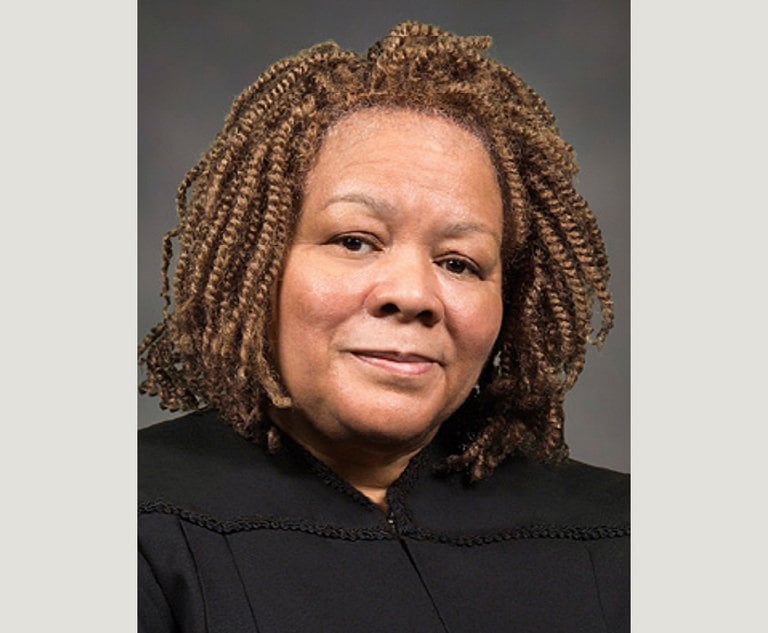The past year or so has been challenging for consumer attorneys seeking to bring consumer class actions in the U.S. Court of Appeals for the Third Circuit. For a while now, the Third Circuit’s jurisprudence concerning the ascertainability prong of Federal Rule of Civil Procedure 23 has required a plaintiff to identify a “reliable and administratively feasible mechanism for determining whether putative class members fall within the class definition.” The U.S. Supreme Court’s June 2021 ruling in TransUnion v. Ramirez, 141 S.Ct. 2190, then added another hurdle by casting a shadow over plaintiffs’ constitutional rights to sue over a violation of a federal statute.
These two pressures have probably kept many a consumer attorney up at night as they wrestled with how best to bring a would-be consumer class action in the Third Circuit knowing the case law that would be waiting for them in defendants’ motions to dismiss and oppositions to motions for class certification. Thanks to the Third Circuit’s recent precedential opinion in Kelly v. RealPage, No. 21-1672, however, some consumer attorneys may start sleeping better. In Kelly—a case that, in full disclosure, my firm was involved in—the Third Circuit clarified class action standing under TransUnion and its own ascertainability standard in a way that should make the path to class certification clearer for plaintiffs attorneys.


 John Soumilas of Francis Mailman Soumilas. Courtesy photo
John Soumilas of Francis Mailman Soumilas. Courtesy photo




